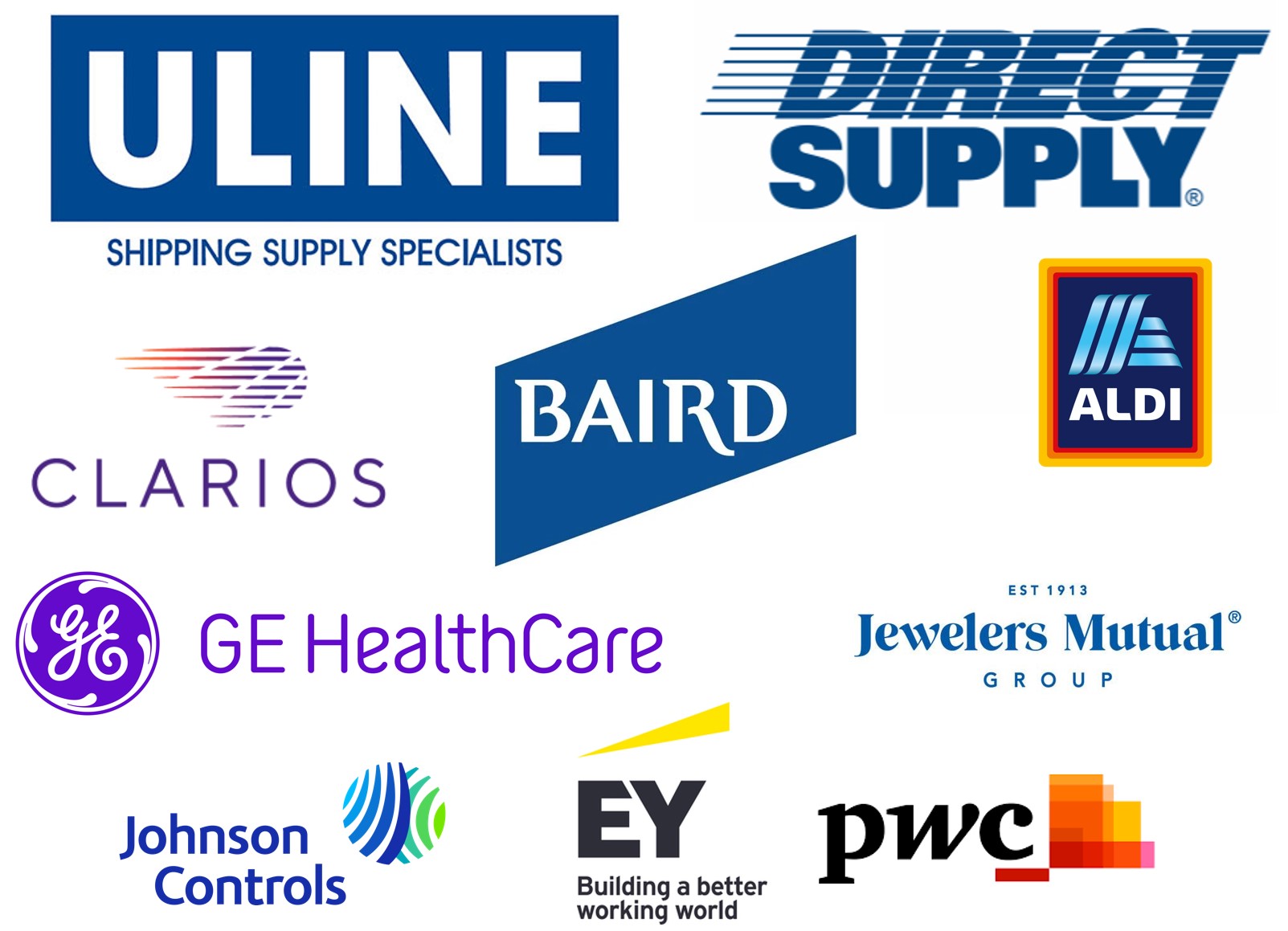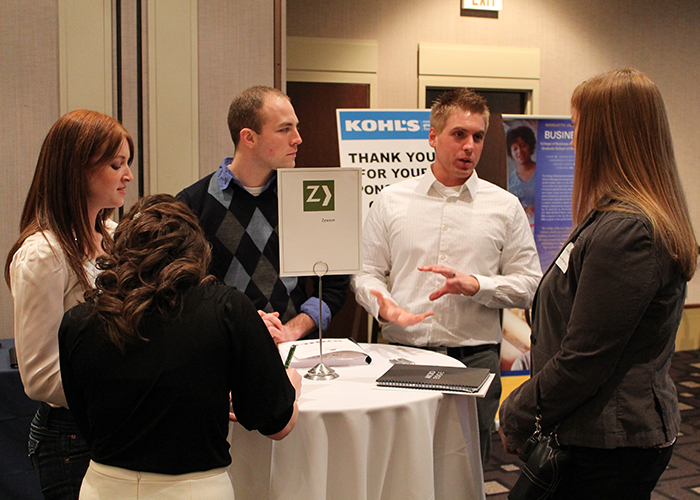Think of your resume as a highlights summary of the skills, experiences and knowledge that you will bring to a specific position or industry. Remember to include a cover letter when asked within an application or in employer correspondence.
Guidelines for ALL Documents
Error Free: An employer views your resume as an example of your best, careful work.
Clear Organization: Make your information easy to find! Your reader may only take a few seconds per document, so make it easy to find information in your resume.
Honest: The truth should NOT be stretched. This includes your GPA; fabricating your cumulative or departmental GPA is an academic integrity violation that can also have long-term employment consequences.
Consistent: Remember that consistency throughout your document matters more than style. Punctuation, use of white space, date formats, and role and education font effects should be consistent.
Targeted / Customized: Use the job description as a road map! Consider and address the needs of the position and the organization you are targeting.
Business Guideline: Internship and entry-level resumes are one page. As you progress in your career, two or more pages can be strategic and expected.
Undergraduate and Graduate Resume Creation Resources
Resumes: Getting started, samples, checklist guides
Just getting started on a new resume? Take a look at our quick overview and resume checklist to make sure you're on the right track.
Resume Sample Templates: Early College Career Support
For students just getting started in their college career, or who haven't had a college level internship yet
Resume Sample Templates: Mid College Career Support
For students later in their college career, or who have had one or more college level internships
Graduate Student and Alumni Support
Resumes for graduate students and those who have been working for many years may contain sections not typically included in entry level resumes. Depending on your goals (are you looking to switch industries? Move up with your current employer?), your resume may look different for each position you apply for: strategic and intentional customization is key.
Need help with a certain section?
The following contains section-by-section guidelines and suggestions for resume creation and/or updating.
Posting Your Updated Resume to Handshake
As students and alumni complete a Handshake profile, you will be asked to upload a resume. You may upload additional materials to your Handshake profile including cover letters, transcripts and work samples.
To upload a new document, select the “documents” tab from your profile homepage. Review video instructions. Pay close attention to whether or not you wish to make a document public. If your profile is public, employers will be able to view documents that you also label as public. Consider making your primary resume public and keeping materials uploaded for specific job applications private.
Resume Review
If you would like Business Career Center staff to review your resume, please schedule an in-person or virtual (phone, Microsoft Teams) appointment through Handshake. You are also welcome to e-mail your resume as a MS Word document to businesscareers@marquette.edu. For e-mailed resumes, we will do our best to provide feedback within three business days.
Additional Document Support
Expand all | Collapse all
A cover letter is another marketing tool that allows candidates and potential talent to market themselves and their skill sets to a particular employer and position. A cover letter is NOT a regurgitation of your resume; in your cover letter, you want to focus on specific experiences that relate back to the position you are applying for, and how you'll apply the skills you have developed in previous roles to the new role. Your letter and resume should work together in presenting you in an effective and concise manner. While not all employers request a cover letter at the point of application, knowing how and when to craft one is important.
Through your cover letter, the reader will learn about you through your:
- Writing style.
- Content shared: about the employer and about your experiences.
- Attention to detail: like a resume, cover letters follow a standard format and should be customized and error-free.
References are listed on a separate page, not as the second page of a resume
"Thank you" letters are common and often expected within 24 hours of an interview or meeting through a networking experience. Traditionally, these letters were sent in the mail; however, emailing a thank you note to all interviewers is now the preferred method.


